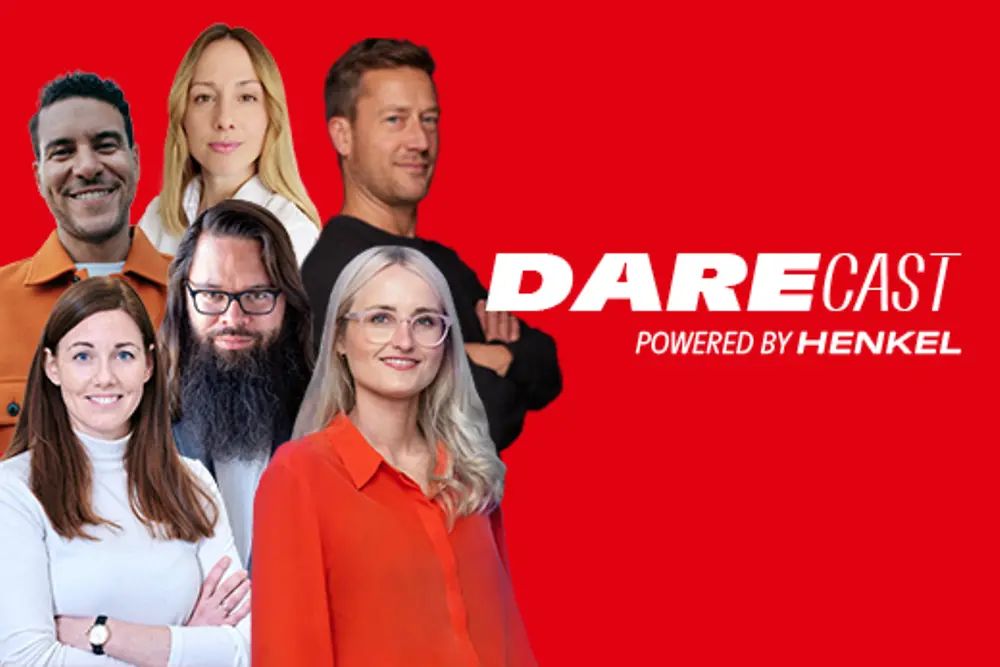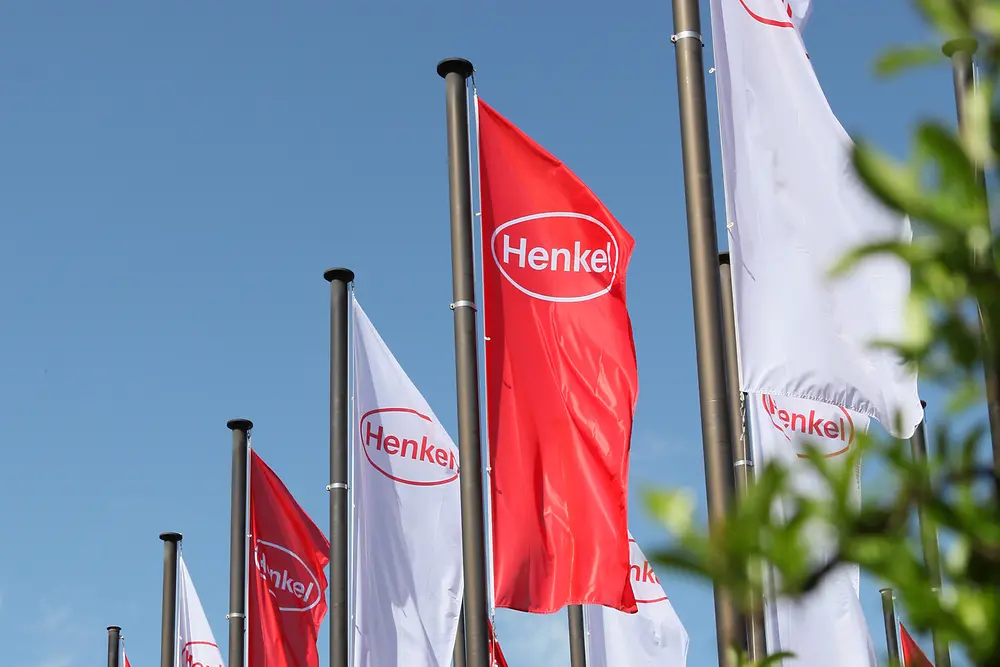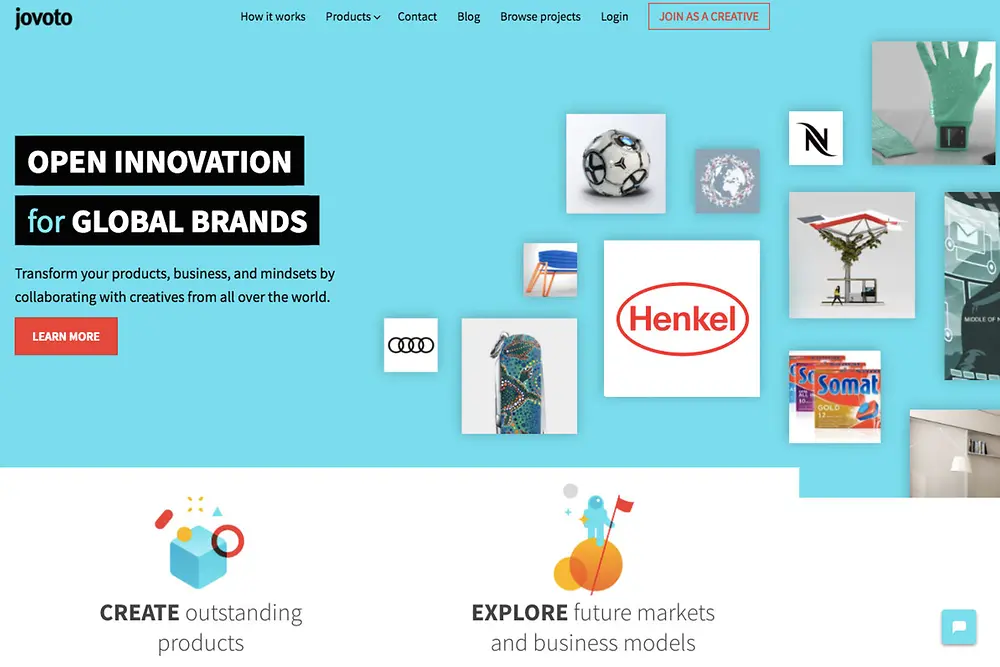So, what’s next for big data analytics?
We want to be more interconnected, and share even more information with each other along the value chain going forward. This will allow us to find out how consumers are receiving new products and help retailers plan even more effectively. We are currently implementing a pilot project with a retail partner in the UK. We usually only get the first sales figures two weeks after a new product hits the supermarket shelves. In the meantime, stocks could run low or the item could barely sell at all – we wouldn’t know. Our retail partner in the UK is now providing us with sales figures on a daily basis, which allows us to adjust our production, logistics and advertising spending on short notice. The retail also benefits from this.
Many companies have a difficult time finding the right experts to expand their digital competencies. Where does Henkel stand in the competition for talent?
It’s true that data scientists are in high demand, and they tend to have their sights set on big players such as Google and other internet giants. However, we too have a lot to offer: Data scientists get to work on a wide variety of projects here. It’s both a fun and diversified experience. Students always get very excited when I tell them about our work – and I’m no different. I’ve been doing this job for a while, and I have to say: It has never been as exciting as it is today. We’re not looking for any math geniuses, though: A data scientist’s main skill is not being able to understand every last detail of an algorithm. Instead, they have to be able to recognize how a combination of data will help to answer a given question, which algorithm is the most suited for the task, and how the results can then be interpreted and used. To do this, they first have to understand our business.
Ideas that transform entire industries are coming out of startups these days – including in the field of data analytics. Are they going to outdistance you with their innovations soon?
We observe our markets very carefully. Henkel is a large organization. To keep up with the times, we need a new form of agility as it is modelled by many startups. There’s a lot we can learn from these creative businesses. Also, there are different ways of collaboration – for example, we can use individual services from or work together with these young companies. That also pays into Henkel’s approach to open innovation: We open ourselves up to the outside world to implement disruptive ideas.











